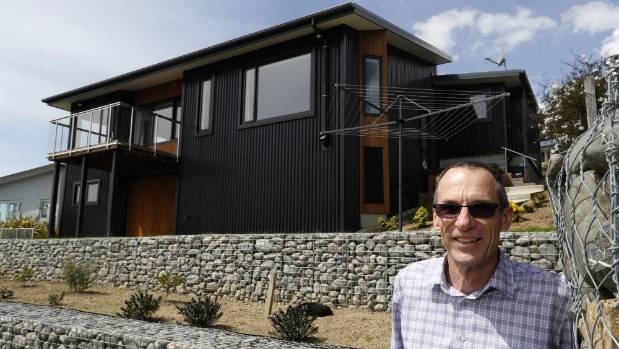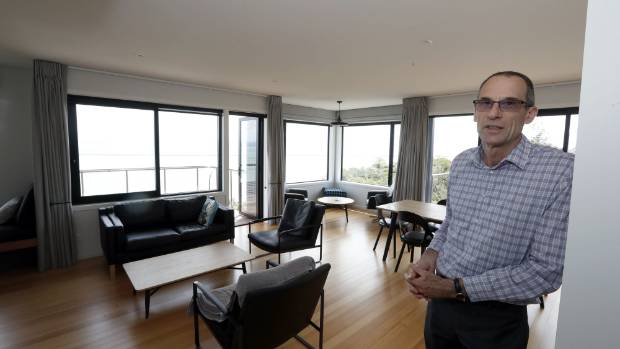SARA MEIJ
Last updated 11:37, November 9 2017

Sleeping in a room which is below 12 degrees puts extra strain on your cardiovascular system and below 9 degrees there’s a 25 per cent higher chance of getting a stroke or heart attack.
3) Ventilate your house properly
Popenhagen says often people don’t ventilate their house at the right time, or for the right amount of time. It’s best to open the windows for 15 to 20 minutes in the middle of the day, when the air outside is at its warmest. If you are not home during the day, then opening the windows for 5 minutes in the morning before you leave will do. Living in a damp house with condensation and mould can have a serious effect on your health.
A tip for killing mould spores in the house; fill a small bucket with white vinegar for 70 per cent of the way, then dilute it down with 30 per cent of warm water. Put it on the mould and leave it on for 20 minutes, then wipe it off with hot soapy water.
The white vinegar kills the mould spores, whereas bleach only makes it look like it has disappeared but it’ll grow back. You might have to use bleach afterwards to remove the stains from the mould spores.

Changing shower heads to a water efficient type or putting in a flow restricter can lower the flow to about 9 liters a minute, a huge saving on both water as well as energy to heat it.
Another tip Popenhagen gives is to replace all the light bulbs in the house with LED lights. A normal light bulb has around 1000 hours, whereas a LED light has a life of about 30,000 to 50,000 hours. LED lights are more expensive at first, but he says what you save in power will pay for the bulb in a year. If you can’t afford to refit all the light bulbs in your house, start with the rooms that are being used the most.
Replace your fridge and washing machine with an energy efficient version. Popenhagen says older fridges cost about $300 in power a year, whereas an energy efficient one could cost about $100 a year. A front loader washing machine is also better than a top loader.
Heat pumps or wood burners are the best forms of heating. Use a fan heater instead of an oil column heater if you need to, as the fan heater will heat your room three times faster. Don’t use unflued gas heaters because apart from expelling a litre of moisture every hour, they also push combustion products into the room which has very bad health affects.
5) Solar power
Popenhagen says there’s two types of solar systems; one is solar hot water and the other one is solar power to generate electricity. He says having solar hot water only “stacks up” for large families using lots of water.
For small families or couples it’s not that economical. Using solar power to generate electricity has its downsides too, given the low buy back rate most power companies’ currently offer, and the cost of battery storage.
So unless you’re mostly home during the day when the sun is out and you run the washing machine, dishwasher and lights at that time, there’s little benefit to install solar panels at present for a lot of people, however we are on the cusp of a technology revolution so watch this space. Every house needs to be accessed on a case by case basis.
- As an eco building design advisor for Nelson City Council, Richard Popenhagen is available to do free consultancies in your home, for up to two hours. For more information ring him on 03 546 0251.
– Stuff

